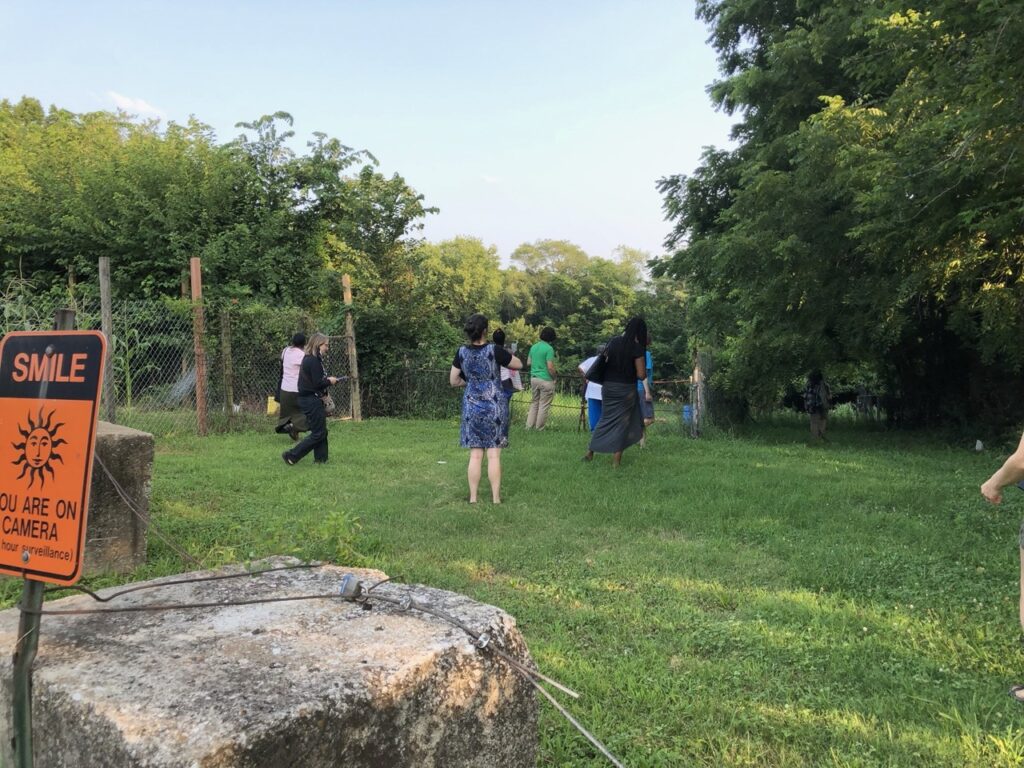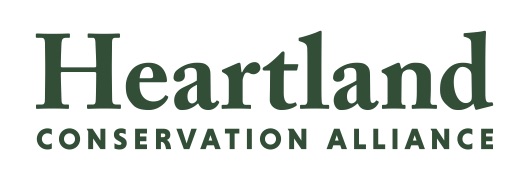Restoring Vacant Lots
Why Vacant Lots?
In Kansas City, Mo., there are approximately 5,000 vacant lots and 13,000 vacant single-family homes contributing to blight, safety concerns, and a diminished quality of life. The annual revenue loss from vacant property is projected at $33.6 million, exacerbating crime rates in these areas, mainly situated in low-income urban communities.
Challenges Faced by Underserved Communities
Residents in underserved urban areas encounter physical, psychological, and financial barriers to connecting with nature. These barriers range from lack of sidewalks and transportation to safety concerns, negative attitudes, and financial constraints.

How to Transform Vacant Lots
Planning & Picking A Lot
- Form a team of neighbors as project champions.
- Define goals, use mapping tools, and establish expectations.
- Develop a plan for long-term stewardship.
- Test soil and understand requirements for healthy soil.
Resources
- Urban Neighborhood Initiative, Vacant to Vibrant Field Guide
- Lincoln University Cooperative Extension – Soil testing
- University of Missouri Extension, Jackson County – Soil testing
Finding Funding & Partners
- Engage the community in ownership and responsibility.
- Determine ownership and funding for community improvements.
- Heartland Conservation Alliance can assist in capacity building.
Resources:
- Heartland Conservation Alliance, Green Guard Stewardship Program
- KCMO Land Bank – Low-cost acquisition
- Missouri Department of Conservation – Community Conservation Funding
Acquiring the Land & Cleaning it Up
- Organize clean-up days with neighbors.
- Utilize resources for assistance in trimming trees, removing stumps, and handling trash.
Resources:
Building and Planting
- Design paths, rain gardens, play spaces, and more.
- Partner with organizations for design assistance and community garden support.
Resources:
How to Get Started
Utilize the mapping tools to prioritize vacant lots with the most environmental and health benefits for urban communities. The tools provide information about vacant parcels, partners, and environmental benefits, promoting informed decision-making.
How to Use the Blue River Watershed Mapping Tool
The tool has ten layers of information, displaying high-scoring vacant parcels. Users can view watershed boundaries, trails, neighborhood boundaries, reported sites of illegal dumping, and more. Download the guide for step-by-step instructions.
Need Assistance?
Contact Magal Rojas at magali@heartlandconservationalliance.org for help in
taking the next steps to transform vacant lots into vibrant community spaces.
External Resources
- National Parks Service Community Toolboxes
- Detroit Future City: Working with Lots Resources
